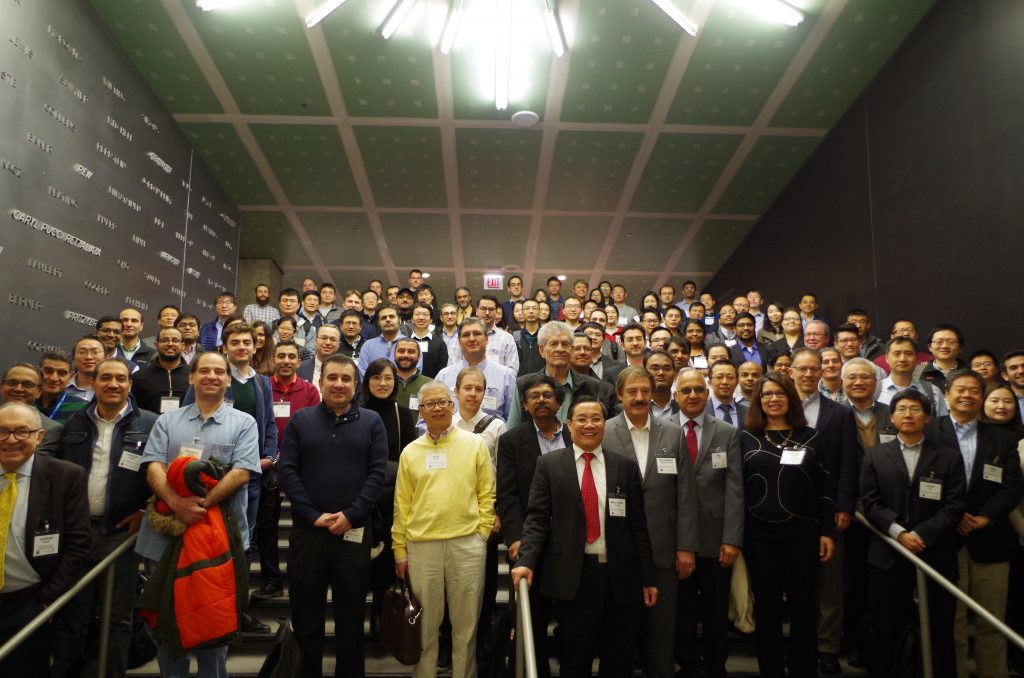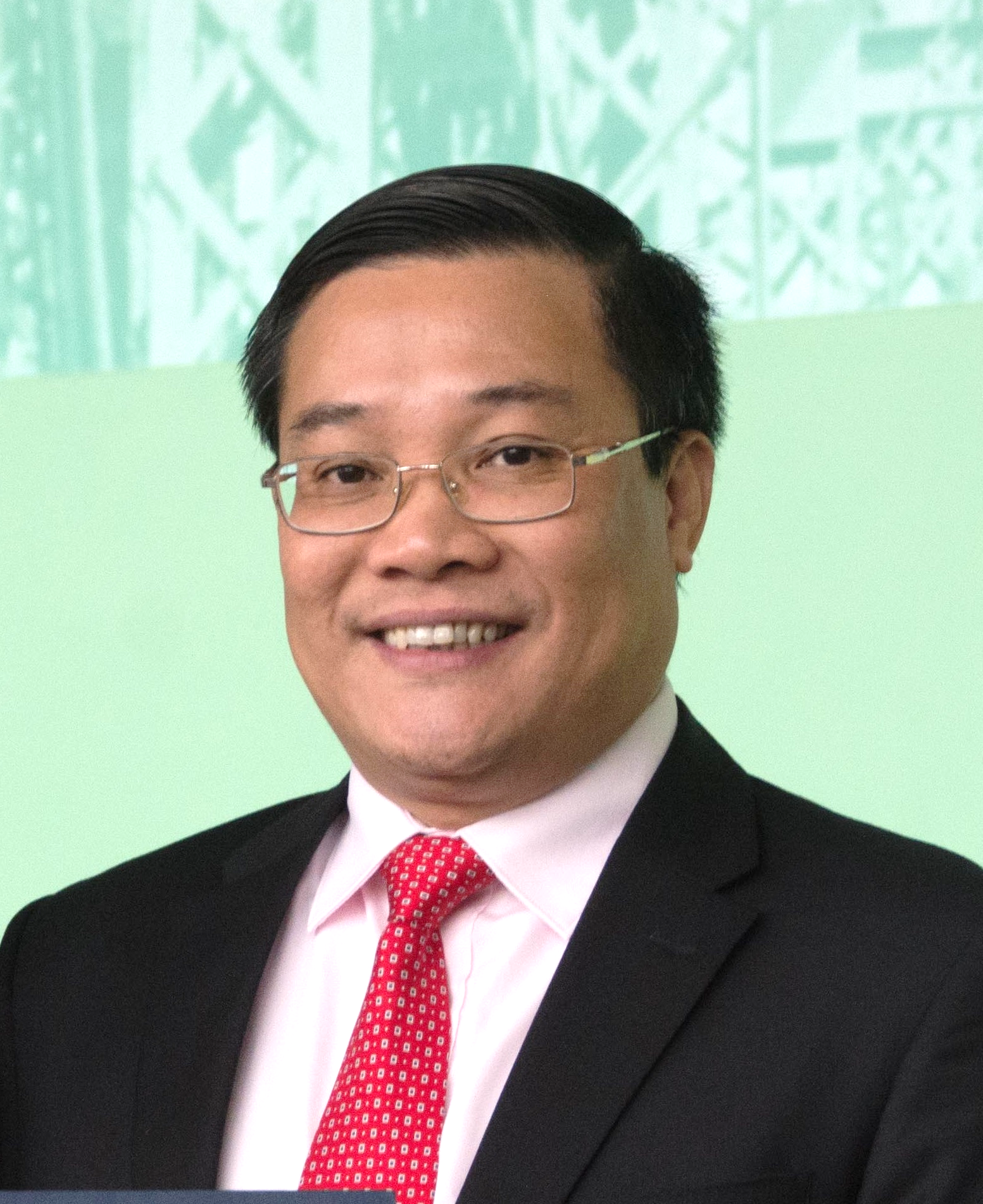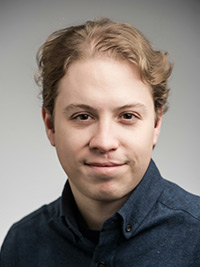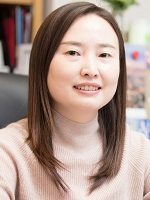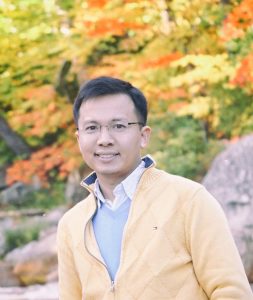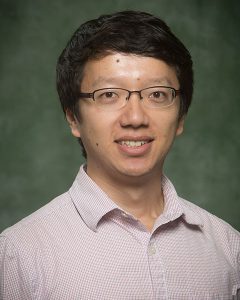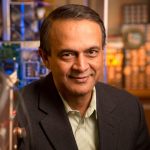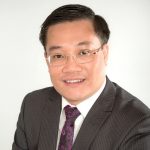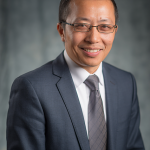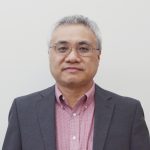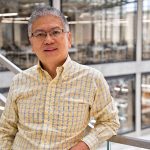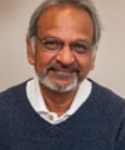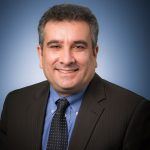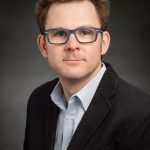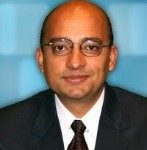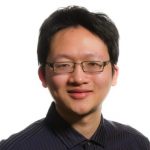MTCC Auditorium, McCormick Tribune Campus Center, IIT, Chicago | October 31 – November 1, 2019
The final report of the workshop can be found here.
IEEE Power Electronics Magazine reported this workshop in March 2020. The article can be found here.
Power systems worldwide are going through a paradigm shift. Millions of distributed energy resources (DER) are being connected to power systems, which imposes unprecedented challenges to grid stability, reliability, security, and resiliency. Recent research has shown that it is promising to seamlessly integrate expertise in control systems, power electronics, and power systems to achieve power electronics-enabled operation of power systems to address these issues. This workshop has over 130 participants from funding agencies, regulatory commissions, utilities, think-tanks, vendors, and universities etc. to offer multidisciplinary perspectives on the paradigm shift of power systems and identify the associated challenges and needs, and potential tools and methodologies. Recommendations will be made after the workshop. This will help speed up the paradigm shift of power systems, improve the stability, reliability, security, resiliency of future power systems, promote sustainability, create jobs, and stimulate economic growth.
The fundamental challenge behind this paradigm shift is that future power systems will be power electronics-based, instead of electric machines-based, with a huge number of active, intermittent, non-synchronous, and heterogeneous players. The objective of this NSF workshop is to bring experts from control systems, power electronics, and power systems together to identify fundamental challenges and needs in multidisciplinary research and education in control of power electronics-enabled power systems for enhanced grid stability, autonomy, scalability, operability, reliability, security, and resiliency; strengthen collaborative efforts to tackle the challenges identified; and raise the awareness of funding agencies and policy-makers to support and nurture research and educational activities to advance fundamental knowledge, enabling technologies, and workforce in this area.
Thanks to the support of the National Science Foundation (Award #1933207), this workshop is free and open to researchers, practitioners, and policy-makers in the workshop area but the financial support for hotel and/or travel is limited to a total of up to 50 U.S. participants. Women, minorities, and persons with disabilities are encouraged to apply. For those who request financial support, the Organizing Committee will determine whether there will be financial support offered based on the following criteria: 1) the order of the application, 2) the relevance of the applicant’s research to the workshop theme and objectives, and 3) the diversity of participants. The decision of the Organizing Committee is final and the participants who are offered financial support are required to adhere to the guidelines of NSF, e.g., NSF Special Terms and Conditions for Administration of NSF Conference or Travel Grants (FL 26).
Illinois Tech is committed to fostering an environment in which all members of the community are safe, secure, and free from sexual harassment of any form. The policies that address sexual harassment, other forms of harassment, and sexual assault, and that includes clear and accessible means of reporting violations of the policies can be found here.
Deadline for application to attend the workshop:
- with financial support requested: September 26, 2019, 8:00 am Central Time (US and Canada) – EXPIRED
- without financial support requested: October 15, 2019, 8:00 am Central Time (US and Canada) – EXPIRED
Organizing Committee
Qing-Chang Zhong (Chair)
Illinois Institute of Technology
Sairaj Dhople
University of Minnesota
Brian Johnson
University of Washington
Beibei Ren
Texas Tech University
Thanh Long Vu
Pacific Northwest National Laboratory
Ziang Zhang
Binghamton University
Annette Lauderdale
Illinois Institute of Technology
Program
Thursday Oct 31
08:30-09:00 Registration and Continental Breakfast
09:00-09:05 Opening and Logistics, Qing-Chang Zhong, Illinois Institute of Technology (IIT)
09:05-09:10 Welcome Remarks, Fred J. Hickernell, Vice Provost for Research, IIT
09:10-09:15 NSF Opening Remarks, Anil Pahwa, National Science Foundation (NSF)
09:15-10:30 Session 1 (Chair: Mohammad Shahidehpour, IIT)
09:15 NSF Perspectives: Challenges and Opportunities, Anil Pahwa, Alireza Khaligh, Radhakisan S. Baheti, and Anthony Kuh, NSF. [Slides]
09:30 Enabling a Power Electronics Grid, Deepak Divan, Georgia Institute of Technology. [Slides]
10:00 Power Electronics-enabled Autonomous Power Systems: Synchronized and Democratized (SYNDEM) Smart Grids, Qing-Chang Zhong, IIT. [Slides]
10:30-11:00 Networking; Coffee/tea
11:00-12:30 Session 2 (Chair: Alex Flueck, IIT)
11:00 Optimizing Ubiquitous Power Electronics for the Future Power Grid, Zhenyu (Henry) Huang, Pacific Northwest National Laboratory. [Slides]
11:30 Technical Challenges of High Level of Inverter-based Resources in Power Grids, Robert Lasseter, University of Wisconsin - Madison. [Slides]
12:00 Research & Education in CURENT on Power Electronics for Power Systems, Fred Wang, The University of Tennessee, Knoxville. [Slides]
12:30-13:30 Group Photo; Networking Lunch
13:30-15:00 Session 3 (Chair: John Z. Shen, IIT)
13:30 Growing Deployment of Power Electronics in Power Systems: Challenges, Opportunities, and Research Initiatives, Abraham Ellis, DOE. [Slides]
14:00 Flexible Division and Unification Control Strategies for Resilience Enhancement in Networked Microgrids, Mohammad Shahidehpour, IIT. [Slides]
14:30 Medium Voltage Power Electronics Technology, Alex Huang, UT Austin. [Slides]
15:00-15:30 Networking; Coffee/tea
15:30-16:15 Session 4 (Chair: Ian Brown, IIT)
15:30 Protection of High-Voltage DC Transmission Systems, Maryam Saeedifard, Georgia Institute of Technology. [Slides]
15:45 Grid-Forming Photovoltaic Inverter: Opportunities and Challenges, Hariharan Krishnaswami, Department of Energy. [Slides]
16:00 The Advanced Grid Innovation Lab for Energy - A Collaborative Program of the New York Power Authority, George Stefopoulos, NYPA. [Slides]
16:15- 17:00 Session 5 (Chair: Sairaj Dhople, University of Minnesota)
Panel Discussions: Fundamental Challenges and Research Needs
17:00-18:00 Tour: IIT Microgrid and SYNDEM Smart Grid Lab
Friday Nov 1
08:30-09:00 Registration and Continental Breakfast
09:00-10:30 Session 6 (Chair: Zuyi Li, IIT)
09:00 Power Engineering Education in the Age of Climate Crisis – A Holistic View, Ned Mohan, University of Minnesota. [Slides]
09:30 Power Electronics in Transportation Electrifications, Ali Emadi, McMaster University.
10:00 Microgrid Testbeds at Different Scales for Research and Education, Beibei Ren, Texas Tech University. [Slides]
10:15 Resilient Architectures and Algorithms for Generation Control of Inertialess AC Microgrids, Alejandro Dominguez-Garcia, UIUC. [Slides]
10:30-11:00 Networking; Coffee/tea
11:00-12:00 Session 7 (Chair: Mahesh Krishnamurthy, IIT)
11:00 Nonlinear Decentralized Control for Future Grids, Brian Johnson, University of Washington. [Slides]
11:15 Multi-Scale Control of Power Electronics for Power Systems, Sudip K Mazumder, University of Illinois, Chicago. [Slides]
11:30 High Frequency Power Electronics at the Grid Edge: Opportunities and Challenges, Minjie Chen, Princeton University. [Slides]
11:45 Impedance-Based Evaluation of Stability Impacts of Inverter-Based Resources, Shahil Shah, NREL. [Slides]
12:00-12:45 Session 8 (Chair: Zi-Ang John Zhang, Binghamton University)
Panel Discussions: Potential Approaches and Solutions
12:45-12:50 Concluding Remarks
12:50-13:30 Networking Lunch
13:30-14:30 Tour: IIT Microgrid and SYNDEM Smart Grid Lab
Participants
| Name | Organization |
|---|---|
| Abraham Ellis | Office of Electricity, DOE |
| Adel Nasiri | UW-Milwaukee |
| Ahmad Khan | Kansas State University |
| Alejandro Dominguez-Garcia | University of Illinois |
| Alex Flueck | Illinois Institute of Technology |
| Alex Huang | University of Texas at Austin |
| Ali Davoudi | University of Texas at Arlington |
| Ali Emadi | McMaster University |
| Alireza Khaligh | University of Maryland & NSF |
| Amir Sajadi | Public Service Commission of Wisconsin |
| Anil Pahwa | National Science Foundation |
| Ankit Singhal | Pacific Northwest National Laboratory |
| Ankita Desai | Illinois Institute of Technology |
| Arash Khoshkbar-Sadigh | Pennsylvania State University |
| Arijit Banerjee | University of Illinois at Urbana-Champaign |
| Aritra Kundu | Illinois Institute of Technology |
| Ayman EL-Refaie | Marquette University |
| Beibei (Helen) Ren | Texas Tech University |
| Bharat Balagopal | North Carolina State University |
| Bhuvaneswari Ramachandran | University of West Florida |
| Bikiran Guha | Illinois Institute of Technology |
| Bishnu Bhattarai | Pacific Northwest National Laboratory |
| Bo Chen | Argonne National Laboratory |
| Bob Lasseter | University of Wisconsin |
| Boqi Xie | Argonne National Laboratory |
| Brian Johnson | University of Washington |
| Bryan Lieblick | Plexim |
| Carrie Hall | Illinois Institute of Technology |
| Charalambos Konstantinou | Florida State University |
| Charles Murray | Switched Source |
| Chee-Wooi Ten | Michigan Technological University |
| Cui Wang | Nanchang Institute of Technology |
| Deepak Divan | Georgia Institute of Technology |
| Dimitrios Thiakos | S&L |
| Dong Cao | University of Dayton |
| Dongbo Zhao | Argonne National Laboratory |
| Duo Wang | Illinois Institute of Technology |
| Faraj Alyami | Western Michigan University |
| Fred Wang | University of Tennessee, Knoxville |
| George Gross | University of Illinois at Urbana-Champaign |
| George Stefopoulos | New York Power Authority |
| Greg Salas | Group NIRE |
| Guorui Zhang | Southwest Jiaotong University |
| Hamed Nademi | Rensselaer Polytechnic Institute |
| Hamid Arastoopour | Illinois Institute of Technology |
| Hanif Livani | University of Nevada Reno |
| Hao Xu | University of Nevada Reno |
| Hariharan Krishnaswami | ManTech, Contractor DOE Solar Office |
| Hengzhao Yang | New Mexico Institute of Mining and Technology |
| Herbert L Hess | University of Idaho |
| Hong Fan | Shanghai University of Electric Power |
| Hong Wang | Oak Ridge National Laboratory |
| Hussein Alameri | Western Michigan University |
| Ian Brown | Illinois Institute of Technology |
| Irfan Khan | Texas A&M University |
| Jafar Saniie | Illinois Institute of Technology |
| Jairo Cervantes | University of Nebraska-Lincoln |
| Jason Poon | Stanford University |
| Jiangbiao He | University of Kentucky |
| Jin Ye | University of Georgia |
| Jing Wang | Bradley University |
| John Seuss | S&C Electric Co |
| John Shen | Illinois Institute of Technology |
| Jungwon Choi | University of Minnesota |
| Junhui Zhao | University of New Haven |
| Junjian Qi | University of Central Florida |
| Kai Sun | University of Tennessee, Knoxville |
| Komal S Shetye | Texas A&M University |
| Liang Du | Temple University |
| Lina He | University of Illinois at Chicago |
| Maggie Cheng | Illinois Institute of Technology |
| Mahesh Krishnamurthy | Illinois Institute of Technology |
| Mani Venkatasubramanian | Washington State University |
| Manohar Chamana | Texas Tech University |
| Marcelo Godoy Simoes | Colorado School of Mines |
| Maryam Saeedifard | Georgia Institute of Technology |
| Masood Parvania | University of Utah |
| MASOUD BARATI | University of Pittsburgh |
| Masoud Karimi | Mississippi State University |
| Matthew Bossart | University of Colorado |
| Mengqi (Maggie) Wang | University of Michigan-Dearborn |
| Michael L. McIntyre | University of Louisville |
| Minjie Chen | Princeton University |
| Mohammad Khodayar | Southern Methodist University |
| Mohammad Shadmand | Kansas State University |
| Mohammad Shahidehpour | Illinois Institute of Technology |
| Mohsen Hosseinzadehtaher | Kansas State University |
| Muhittin Yilmaz | Texas A&M University-Kingsville |
| Ned Mohan | University of Minnesota |
| Payman Dehghanian | George Washington University |
| Peng Zhang | Stony Brook University |
| Prosper Panumpabi | University of Illinois at Urbana-Champaign |
| Qifeng Li | University of Central Florida |
| Qing-Chang Zhong | Illinois Institute of Technology |
| Radha Sree Krishna Moorthy | Oak Ridge National Laboratory |
| Rajat Kamble | Illinois Institute of Technology |
| Reinaldo Tonkoski | South Dakota State University |
| Rick Wallace Kenyon | University of Colorado |
| Robert Wills | Intergrid |
| Sadik Kucuksari | University of Northern Iowa |
| Sairaj Dhople | University of Minnesota |
| Sandeep Nimmagadda | Texas Tech University |
| Sara Ahmed | University of Texas at San Antonio |
| Shahil Shah | NREL |
| Shijia Zhao | Argonne National Laboratory |
| Shrirang Abhyankar | Pacific Northwest National Laboratory |
| SHUO WANG | University of Florida |
| Sina Vahid | Marquette University |
| Sitoshna Jatty | Illinois Institute of Technology |
| Sonny Xue | ORNL |
| Stephen Williams | S&C Electric |
| Sudip K Mazumder | University of Illinois at Chicago |
| Thanh Long Vu | Pacific Northwest National Laboratory |
| Vahid Dargahi | University of Washington, Tacoma |
| Vikram Bhattacharjee | Hyliion,Inc. |
| Weiping Shi | Texas A&M University |
| Wen Huang | Hunan University |
| Wencong Su | University of Michigan-Dearborn |
| Xiaonan Lu | Temple University |
| Xin Liu | Illinois Institute of Technology |
| Yan Li | Pennsylvania State University |
| Yibo Zhang | Illinois Institute of Technology |
| Yichen Zhang | Argonne National Laboratory |
| Yoav Sharon | S&C Electric Co. |
| Yue Cao | Oregon State University |
| Yuting Tian | Argonne National Laboratory |
| Zhangxin Zhou | Texas A&M University |
| Zhenyu (Henry) Huang | Pacific Northwest National Laboratory |
| Zhi Zhou | Argonne National Laboratory |
| Zhixi Deng | Illinois Institute of Technology |
| Zhixin Miao | University of South Florida |
| Ziang (John) Zhang | Binghamton University |
| Zijun Lv | Illinois Institute of Technology |
| Zuyi Li | Illinois Institute of Technology |

